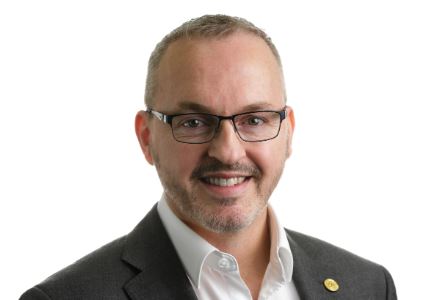A Tasmanian aged care leader has been awarded a Churchill Fellowship to explore innovative home care and community care models in Japan and the UK that embrace and celebrate ageing.
OneCare chief executive officer Peter Williams has worked in the Australian health care and aged care industries for more than 30 years and will investigate aged care models used overseas as part of the Fellowship in an effort to improve aged care in Australia.
Mr Williams said current models in Australia tended to have aged care operating as a set of separate businesses that were not always well connected.
“I think we need to explore innovative community care models that can be implemented in an Australian context that better connects the aged care sector, and ultimately, delivers better care for older Australians,” Mr Williams said.
“Our sector is built on traditional healthcare models where institutionalisation is normalised as part of the ageing process. I will be using my Churchill Fellowship to understand international models of home care services and how these models can assist in designing our future.”
“I believe there is a lot to learn from aged care in Japan and the UK, so older people have access to support that is consumer-facing, delivered with a humanist lens and focused on community collaboration.”
Adam Davey, CEO of the Winston Churchill Trust, congratulated Peter on his Fellowship. “We recognise Peter’s passion in highlighting the inadequacies of the current aged care systems and processes in Tasmania which has the oldest population in Australia - 19.4% of the population are aged 65 years or more.”
“We wish him well on his travels and look forward to hearing how he will improve service delivery and innovative community care models within the aged care sector upon his return,” said Mr Davey.
The recent Aged Care Royal Commission identified a range of innovative community care service models that utilise age friendly communities and neighbourhood-based teams. World Health Organisation initiatives encourage whole of community guidance, with models harnessing community assets to improve lives and it appears that many of these innovations are not operating in Australia. Further research into international community care models, against Australian government policy, will assist the community by informing policy makers of alternative and functional solutions.
